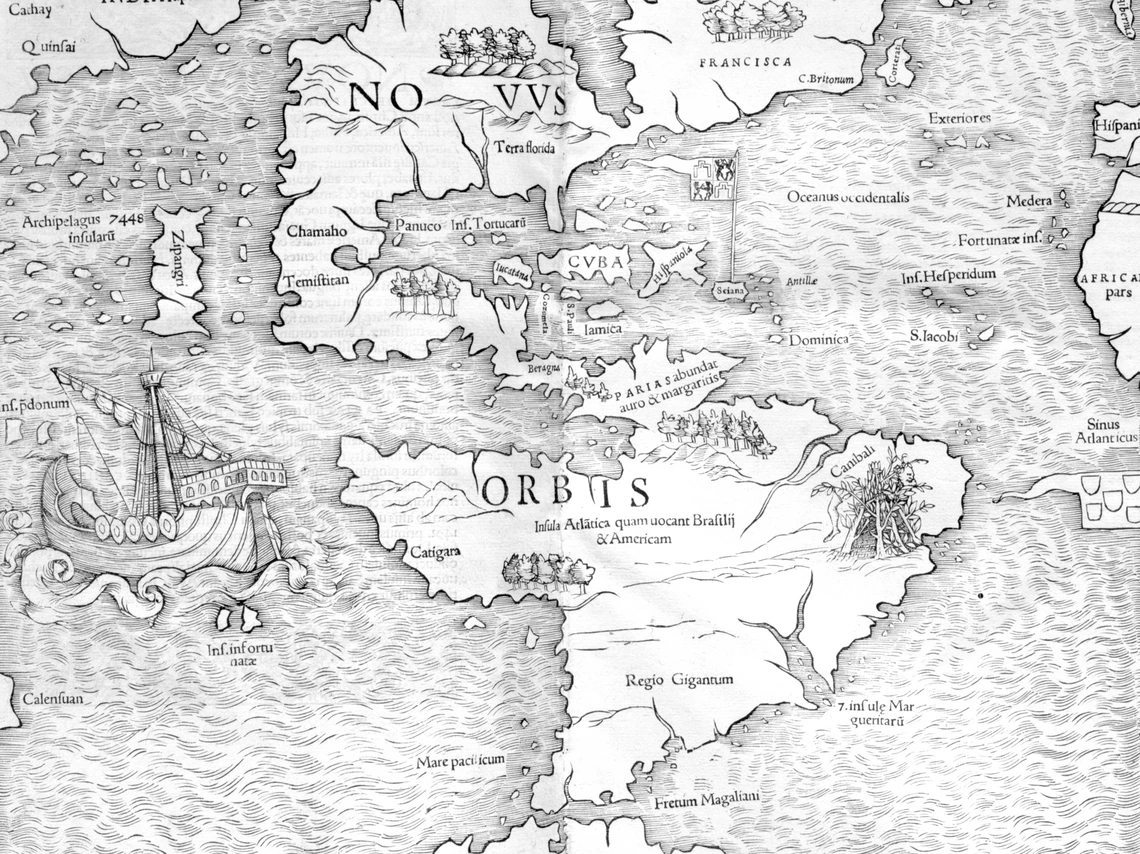
When
Where
The Divison for Late Medieval and Reformation Studies' annual Town and Gown Lecture has been postponed because of COVID-19. The new date is Sunday, October 18, 2020 at 11:30 am. The event will be offered on Zoom. Our distinguished visitor will be Stuart Schwartz, Professor of History at Yale University. He will speak on "Mala Sangre: Religion and Race in Colonial Latin America."
In the late fifteenth century, Portugal and Spain expelled or converted their Muslim and Jewish minorities, and then sought on the basis of their religious or ethnic background to ascribe to their “bad blood” negative inherited characteristics. These minorities were marginalized in those countries, and in theory also excluded from the newly acquired overseas colonies created in the Americas. They came anyway. There, Iberian contact with Native Americans and Africans led to the growth of populations of mixed origins that were also marginalized over time as a system of privilege and discrimination based on religion, color, and race solidified. Was this a ‘pre-scientific’ origin of modern racism? Or, did Iberian medieval concerns with religious purity, ‘honor’ and ‘nobility’ seemingly enforced by state and religious institutions create a complex but distinct system of hierarchy more akin to one based on social classes? In any case, the legal and juridical divisions of society were consistently challenged or circumvented by the marginalized groups which raises questions about the role of law or the state and the degree to which our understanding of Latin American society, or indeed any society, needs to focus on custom, law, or practice.
Stuart Schwartz is the George Burton Adams Professor of History at Yale University. In 2000, he was made a comendador da Ordem do Cruzeiro do Sul, Brazil’s highest award for foreigners, in recognition of his contributions to Brazilian history. He holds five honorary doctorates from Brazilian, Peruvian, and American universities, is an honorary citizen of the city of Salvador, Bahia, and was inducted into the American Academy of Arts and Letters in 2012. He served as Master of Ezra Stiles College (2003-2008), and has been a visiting professor in France, Portugal, Spain, Brazil, Chile, Italy, Puerto Rico, and Mexico. He is the author or editor of 20 books and over 100 scholarly articles. Schwartz received the Bolton-Johnson Prize for the best book in Latin American history for Sugar Plantations in Colonial Brazil (1985), and All Can Be Saved (2008). His Sovereignty and Society in Colonial Brazil (1973) received Honorable Mention for this prize. All Can be Saved also won the inaugural Cundill Award, and prizes from the American Historical Society in three different categories, the first time in the history of that organization that any book had been so honored. More recently, he has published Sea of Storms (2015), an environmental and political history of Caribbean Hurricanes. His most recent book Blood and Boundaries: Religious and Racial Exclusions and their Limits in Colonial Latin America will be published in 2020.

